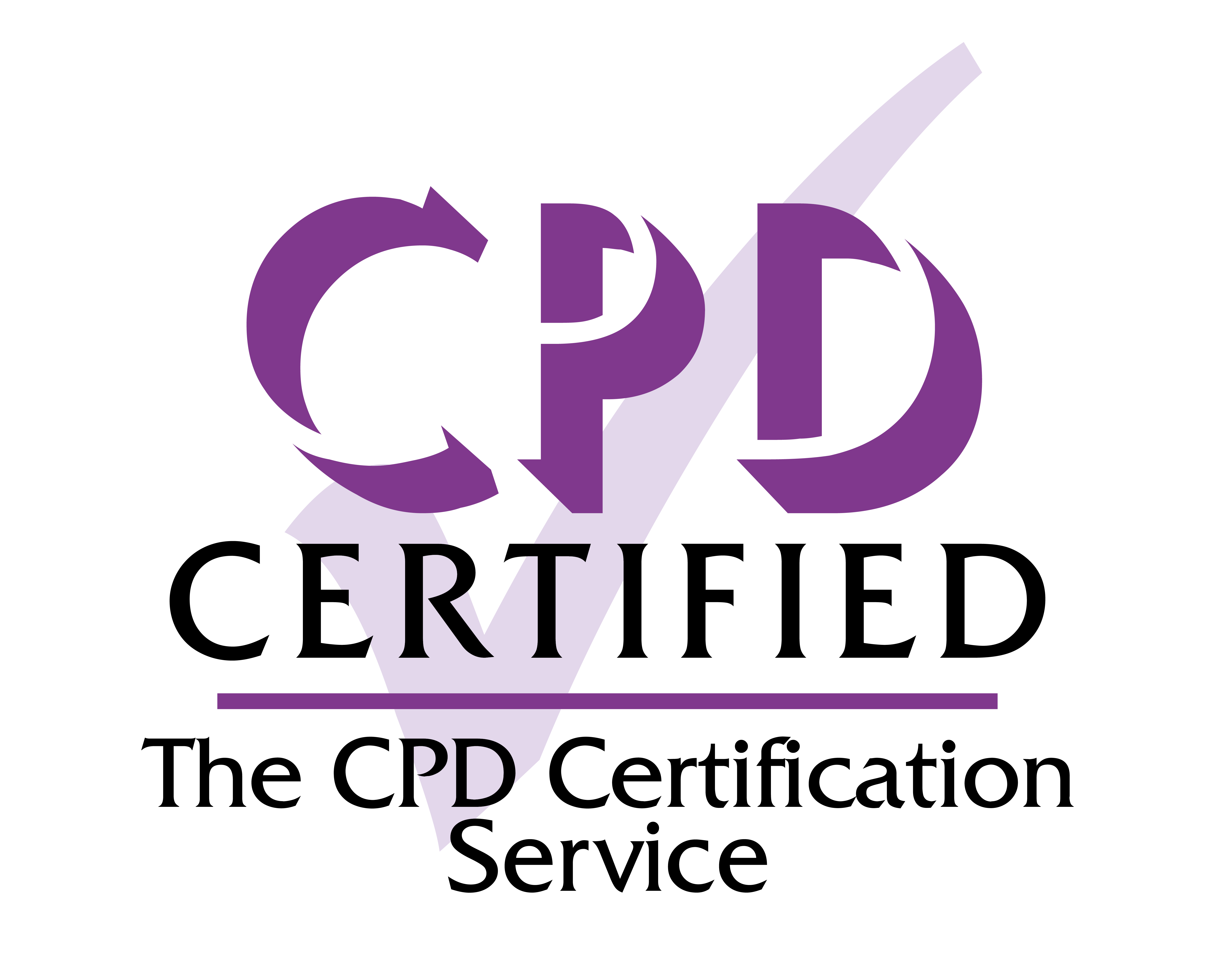Key information
Price
US$3,175
Commitment
6–8 hours a week
Study mode
Tutor guided
Certificate of Achievement
Evidence your learning with a Certificate of Achievement from the University of Cambridge on successful completion
Duration of 8 weeks
Regular weekly participation is key to gaining the most from your learning experience.

Online Masterclass - Aligning GenAI and LLM Research with Industry's Reality
Join our free webinar with Dr Jasmin Jahić, Director of Studies in Computer Science at the University of Cambridge.
Discover how emerging GenAI research is reshaping software architecture—and how you can turn these insights into real value for your organisation.
21 January 2026, 11am (UK time)
About the course
Software architecture is the backbone of any software system, directly shaping a system’s success by laying the foundation for crucial aspects like scalability, maintainability and overall quality. Without a solid architectural design, projects can quickly go wrong – leading to integration headaches, growing complexity and poor communication.
This cutting-edge eight-week online course will help you think like a software architect. Designed by experts from the University of Cambridge, the course content goes beyond traditional software engineering – bridging the gap between management and coding and offering valuable insights into the tasks that lie at the intersection of these domains.
You’ll gain the essential skills to explore, evaluate and compare different design solutions – giving you the tools to engage in meaningful, constructive discussions with stakeholders. Plus, you’ll discover how to document your designs in a way that smooths communication, helps manage complexity and keeps teams aligned on goals.
You’ll also explore the impact of emerging technologies like Artificial Intelligence (AI) on the quality of software systems. By the end of the course, you’ll be ready to apply what you’ve learned directly to your own workplace. You’ll be able to take charge of architectural decisions, handle design trade-offs and lead your projects to success.
Whether you’re looking to boost your professional effectiveness or take your career to the next level, this course will help to future-proof your career.

This course equals 64 hours of the CPD Certification Service(Opens in a new window) time.
This course covers key software architecture concepts, including terminology, programming paradigms, project management and architectural decision-making. You’ll learn to create a customised modelling profile to visualise your system’s architecture and document design decisions. You’ll also cover software quality, common solutions, continuous architecting and the impact of new technologies like AI. The final module challenges you to finalise your project and integrate architectural practices into your own engineering processes, empowering you to lead the way in innovative, high-quality software development.
Module 1: Introduction to software engineering
Module 2: Scope and benefits of software architecture
Module 3: Software architecture documentation
Module 4: Improving quality of software systems through architectural styles, patterns and tactics
Module 5: Development methodologies
Module 6: Course conclusion
By the end of this course, you will be able to:
facilitate design space exploration based on software architectural concerns
manage software architecture documentation, communication, and discussion via modelling profiles and architectural views
apply reference architectures and design patterns to improve quality properties of software systems
summarise continuous engineering and architecting processes
discuss the impact of adopting AI-based technologies on system quality in software systems. adapt software architectural principles across domains.
On successful completion of the course, you’ll receive a certificate from the University of Cambridge, along with valuable Continuing Professional Development (CPD) points and a digital badge to display on your LinkedIn profile. These Cambridge credentials not only showcase your knowledge and expertise, but also demonstrate your commitment to professional development – helping to future-proof your career.
This course is designed for professionals looking to integrate software architecture management into their daily work. It’s ideal for those seeking to develop a broader skill set that bridges the gap between technical expertise and strategic project leadership. We recommend learners from the following categories:
Managers with at least two years of experience: If you have strong management and communication skills, but limited programming experience, this course will help you expand your role to manage software architecture.
Experienced senior software engineers: If you have more than three years of programming experience, this course will help you expand your skills to software architecture, developing the skills to lead architectural decisions and manage design challenges effectively.
Senior software project managers: This course bridges the gap between management and technical aspects, empowering you to manage software architecture and communicate design decisions effectively across teams.
Solutions architects: This course will refine your architectural thinking, equipping you with tools to tackle complex design challenges and lead successful, scalable systems.
Development operations engineers: DevOps engineers will gain a deeper understanding of software architecture, learning how to align infrastructure management with architectural best practices and contribute to system-wide design decisions.
Testing engineers: Testing engineers will expand their skill set to include architectural considerations, helping you better understand the design decisions that impact testing, quality and system performance.
Our flexible, online courses – delivered via a world-leading learning platform – reflect the University of Cambridge experience and values, with low learner-to-tutor ratios and academically rigorous standards.
Our online learning model is designed to help you advance your skills and specialise in emerging areas that address real-world challenges. We will help you build your network through an engaging and impactful learning journey that encourages collaboration with academics and fellow learners.
Courses are delivered in weekly modules, allowing you to plan your time effectively around existing commitments. There is an optional weekly live session, which is recorded for anyone who can’t attend. The assessment criteria will be presented to you at the start of the course, so you can approach your studies with confidence and motivation, knowing exactly what’s expected of you and how to meet those expectations.
Throughout your online learning experience with Cambridge Advance Online, you’ll have digital access to a dedicated course tutor, an expert in the field, who will help steer your learning and provide you with support and guidance every step of the way.
Level of knowledge and experience
You’ll need a good level of spoken and written English to make the most of the course (we recommend English language proficiency equivalent to an IELTS score of 7).
The course is ideally suited for managers with over two years of experience or senior software engineers with at least three years of programming experience.
Materials and equipment
No specialist software or IT equipment required.
Sufficient internet speed (2 Mbps up/down) for video streaming.
What our learners are saying

The most valuable takeaway for me is the newfound confidence to advocate for the importance of clear documentation and sound architecture to non-technical stakeholders.
Let’s keep in touch
Sign up here to receive news and updates about Cambridge Advance Online courses from us and relevant university departments.
